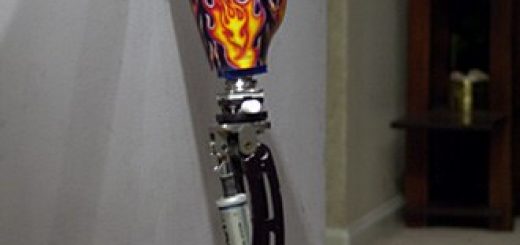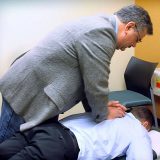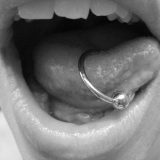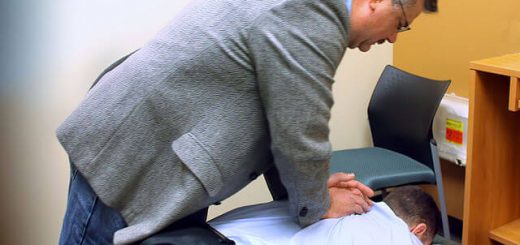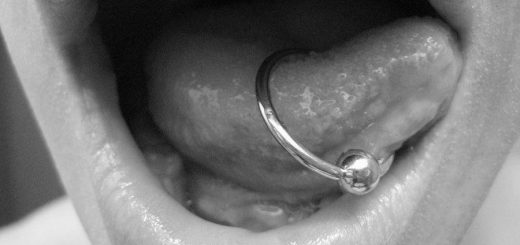How Much Does Nuclear Stress Test Cost
The heart is one valuable organ in the body. And every year, there are many people who experience various cardiovascular diseases and illnesses. There are various tests to take images of the heart and one of which is the nuclear stress test. This test measures the flow of blood to the heart and to rest of the organs while the heart is working. With the nuclear stress test, it shoes which specific areas have low flow of blood and it also shows damaged heart muscles. How much does a stress test cost? The average nuclear stress test cost would vary depending on different factors.
Why Is Nuclear Stress Test Done?
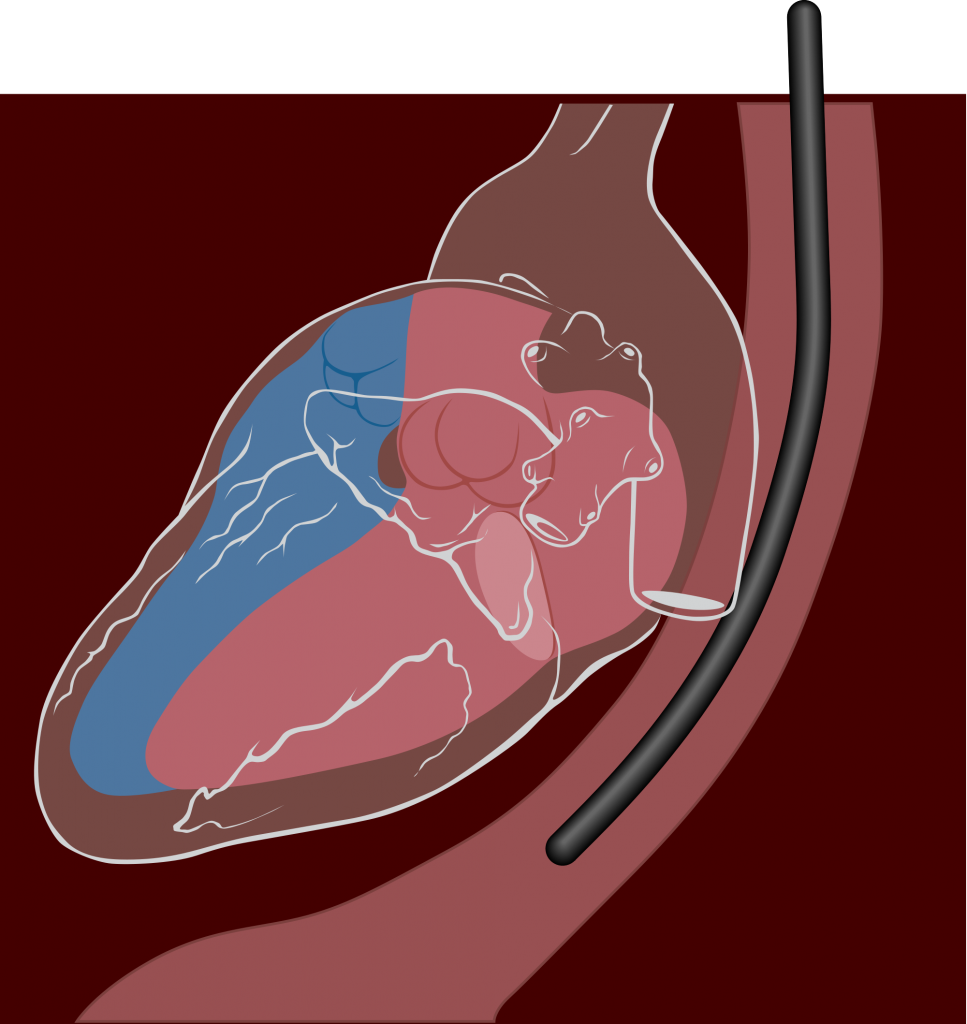 Apart from asking about the stress echocardiogram price, you would wonder why is this test done? There are various reasons why a doctor may suggest that you undergo a nuclear stress test. For instance, your doctor may recommend this test to diagnose your coronary arteries. These arteries are blood vessels that supply blood to your heart as well as nutrients and oxygen. When you have a coronary artery disease, your arteries are damaged due to plague buildup.
Apart from asking about the stress echocardiogram price, you would wonder why is this test done? There are various reasons why a doctor may suggest that you undergo a nuclear stress test. For instance, your doctor may recommend this test to diagnose your coronary arteries. These arteries are blood vessels that supply blood to your heart as well as nutrients and oxygen. When you have a coronary artery disease, your arteries are damaged due to plague buildup.
Another reason for the test is to see the image of your heart, its shape and size. Doctors can see if it is enlarged which means that there are complications. By having a stress test, it serves as a guide in order to treat different heart disorders and diseases. Based on the analysis of the results, the doctor will work on the treatment plan that will cure your condition.
How Much Does a Stress Test Cost?
The stress echocardiogram price or the average nuclear stress test cost. The cost involved in taking the stress test includes two things. The cost of the test and it also includes the cost involved in analysis of the results. Those who have a medical insurance may cover a certain portion of the procedure. You can expect the average nuclear stress test cost to be around $200 to $400. This cost will still depend on the responsibility of the patient’s copay. For instance, Harvard Pilgrim Health Center located in Massachusetts would charge about $270 or more for the test and another $24 for the analysis of the results.
How much does a stress test cost if you do not have insurance? On the other hand, if you do not have any medical insurance, you can expect a much higher stress echocardiogram price. The cost is much higher since you do not have medical insurance. The cost ranges from $1000 to $5000. The whole cost includes the stress test and the results analysis. According to the website NewChoiceHealth, the average cost all over the country is $3800. But this cost can go be really expensive and can as high as $10,000. However, this cost would still vary depending on the location. Facilities in the metropolitan areas would charge much higher costs. Aside from the average nuclear stress test cost, there are also additional costs. For instance, you have to shoulder the cost for medications where you are charged around $50 to $60.
The good news is that you can lower the cost especially if your health insurance covers the portion of the cost. Usually, health insurance providers would cover about 80% or even 100% of the total costs. Make sure that you call your insurance provider for the specific coverage.
Are There Any Risks?
In general, this test is safe. There complications rarely happen, but just as with other procedures, it does have its risks. There are patients who might have allergic reaction to the radioactive dye once it is injected into the vein. This is rarely happens and people who experienced mild reactions. Another problem that might arise during the procedure is the abnormal heart rhythm. But you should not worry as it is not life-threatening. Other extremely rare risks include heart attack and chest pain.
How Do You Prepare?
Before the stress test you need to prepare. You will be instructed not to eat or drink for about 2 hours. There are also cases where you may be asked to avoid any medication or caffeine the day before you have the test since these can interfere with the tests. If you have asthma,you should bring your inhaler.
What You Can Expect During the Test?
The test can take about 2 to 5 hours. Before you undergo the procedure, your doctor will ask you for your medical history and how often do you exercise.
Prior to the test, an intravenous line is inserted in your hand or arm. Sticky patches are placed on the chest, arms and legs. These are connected by wires to a machine called as the electrocardiogram. This machine records the heartbeats and any electric signal. If you cannot exercise, you will be given a medication to increase blood flow. In the medication used, there might be side effects like shortness of breath or flushing.
For the exercise, you will walk on the treadmill. The test will then progress as the speed increases. Hold on to the rail of the treadmill so you can keep your balance. You have to continue doing the exercise until the heart rate teaches the specific target. If you feel uncomfortable, you can stop any time.
Your doctor will inject a radioactive dye through the IV. You have to lie on the table with a scanner starting to create the images of heart muscles. The dye points out which areas have low blood flow.
Once the test is complete, you can now go back to your usual activities. But if your doctor tells you otherwise, you should not do strenuous activities. How about the radioactive materials in your body? You never have to worry as they will leave naturally. To remove them right away, it is strongly recommended that you drink lots of water.
Your doctor will then discuss the results of the stress test. If you have normal blood flow during the exercise and even when resting, you do not have to proceed to any other test. But if there is low blood flow, you may have to take coronary angiography.



